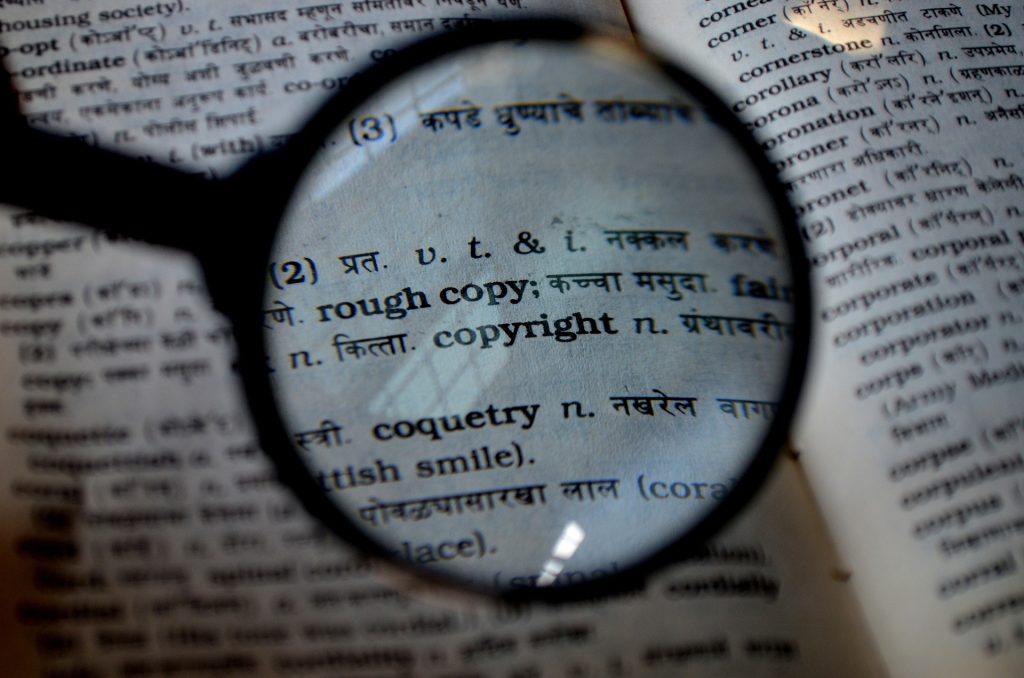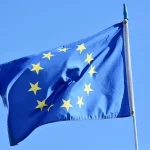July the 28th, 2023 – The level of Croatian awareness of the ins and outs of intellectual property rights, as well as the dangers of counterfeit goods, is high. In fact, this country is among the most aware in the EU.
As Poslovni Dnevnik/Suzana Varosanec writes, a clear majority of Europe’s residents say they have a fairly good or very good understanding of the concept of intellectual property rights, and there is also a strong consensus (93%) that it is important that inventors, publishers, creators and performers can protect their rights and be paid for their work.
The above was shown by an EUIPO (European Union Intellectual Property Office) study carried out back in June regarding the assessment of the perceptions and behaviour of Europeans, supplemented by a focus on the behaviour of people aged 15 to 24 in the online environment. There was also a focus placed on the perceptions of small and medium-sized companies.
It’s important to respect intellectual property rights
“Respondents consider that respect for intellectual property is important to prevent others from inappropriately declaring themselves as the creators or inventors of works of art”, is the general assessment of the EUIPO.
How does Croatian awareness stand on the matter?
As far as Croatian awareness levels are concerned, it’s been noted that this country has returned one of the best results in the entire EU. Only 9% of respondents stated that they had intentionally bought a counterfeit product over the last 12 months, which is almost the best result in the European Union, where 13% of consumers stated the same. Likewise, whenever there is a legal option being offered at an affordable price, as many as 82% of Croatian respondents (the EU average is 80%) declared that they would rather access and download content on authorised platforms than do so illegally.

Croatian awareness of counterfeit products
A total of 25,824 interviews were conducted between the 30th of January and the 15th of February 2023 with residents aged 15 and over across all EU member states. After numerous other similar studies, it had now become important to assess how intellectual property rights are perceived by consumers and small businesses.
Namely, intellectual property, according to the EUIPO, is all around us. That said, in an increasingly digital and interconnected world, the extent to which intellectual property rights are being properly respected and in what form they’re being respected is being called into question. The EUIPO monitors this through a series of extensive and detailed surveys, published at regular intervals, which – taken together – give a complete picture of the evolution of peoples’ perception of intellectual property rights across the EU.
Most agree that counterfeit products support criminals
The data shows that as many as 80% of Europeans agree that counterfeiting supports criminal organisations and destroys businesses and jobs, while 2 out of 3 also see counterfeiting as a threat to health, safety and the environment. A third of Europeans find it acceptable to buy counterfeit goods if the price of the original product is too high. Among young people, that figure rises to half.
In addition to that, 39% of Europeans asked themselves whether something they bought was a real product or a fake, and only 13% of Europeans said that they had deliberately bought fake items over the last 12 months, however the young population is more inclined to do so and this figure goes up to 26% for those aged between 15 and 24.
The youth are more easily swayed the wrong way
Of that population, 80% say they still prefer to use legal sources to access digital content rather than looking for an illegal alternative, while 82% of Europeans agree that obtaining digital content through illegal sources involves the risk of harmful practices (fraud or inappropriate content for minors). In this sense, 43% of Europeans paid to access Internet content from legal sources over the last 12 months, while significantly fewer, 14% of them, admitted that they deliberately used illegal sources to access such content, but this figure once again rises to 33% in the age group from 15 to 24 years old.
The more favourable affordability of legal sources and a larger offer are most often cited as reasons why people stop using illegal sources, and 69% of respondents believe that the quality and variety of content offered through legitimate sources is better than that which can be found through illegal solutions.
In its assessment, EUIPO Executive Director Christian Archambeau states that the more people understand intellectual property rights, the less likely they are to infringe them. With Europeans now twice as likely to say that intellectual property rights work to properly support artists and creators than three years ago.












